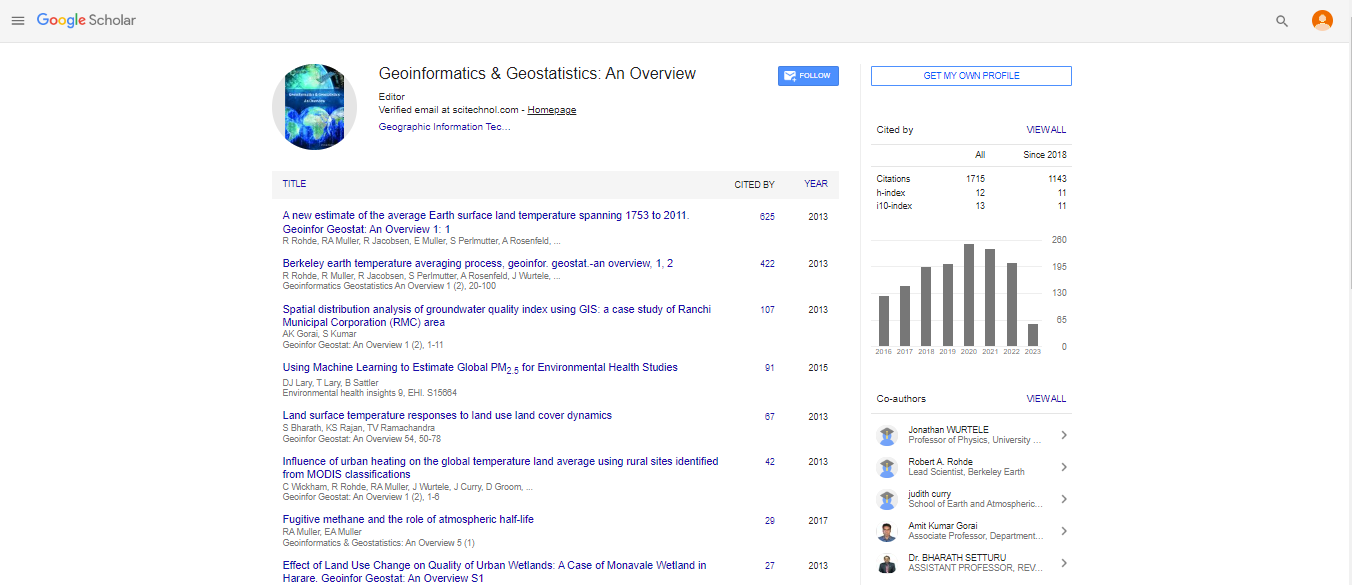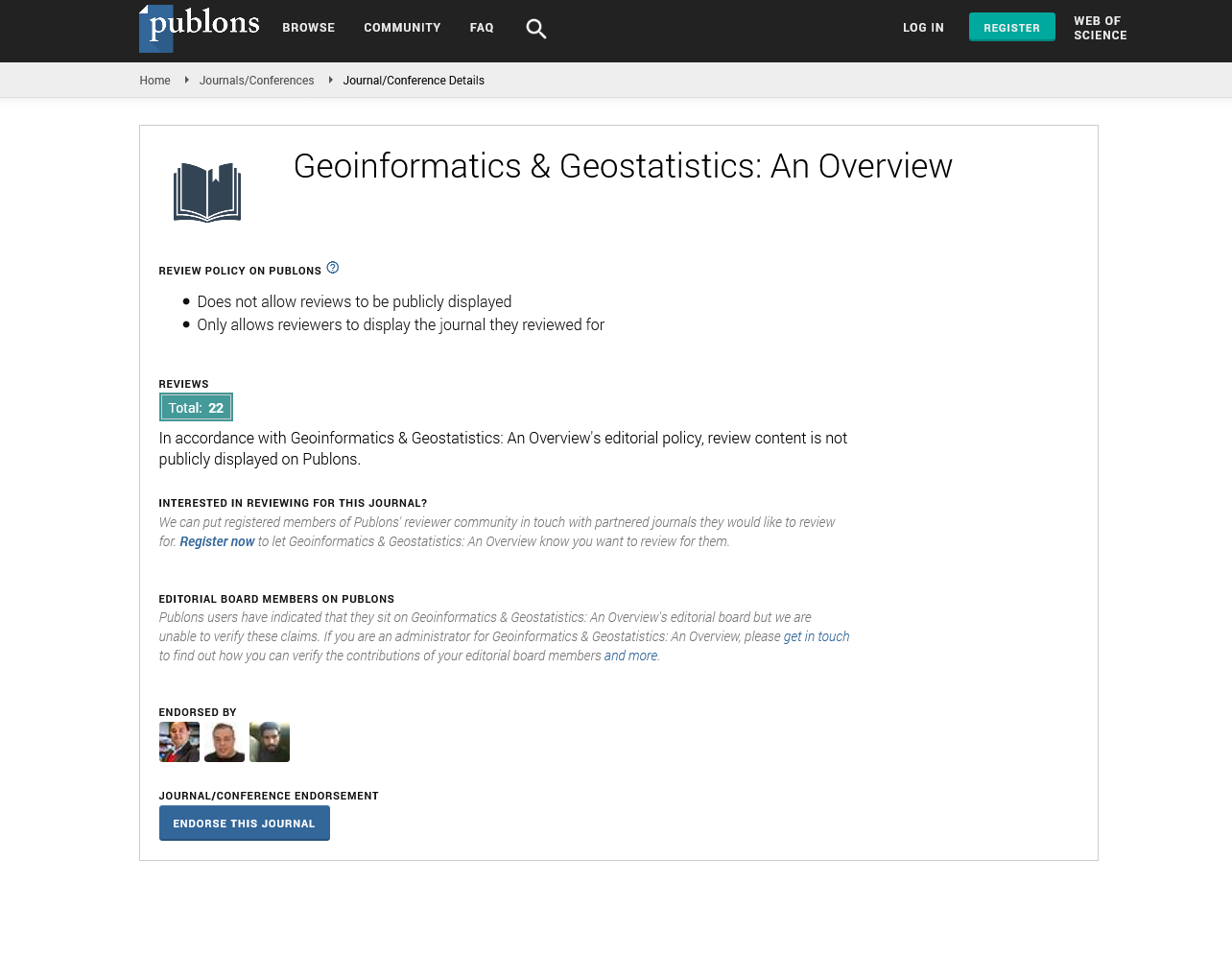Spatial variation of intra-urban differences in temperature under extreme hot weather in high-density cities: The role of urban planning parameters
Edward Ng, Chao Ren, Kevin Ka-Lun Lau and Meng Cai, Yong Xu
The Chinese University of Hong Kong, Hong Kong
:
Abstract
The paper aims to obtain a comprehensive understanding of spatial variation of intra-urban differences in temperature under extreme hot weather using spatial interpolation techniques. Hong Kong is a high-density city in terms of both the built environment and population. It is selected as case study in this paper. Hourly air temperature data from 2011 to 2015 were acquired from 40 ground-level meteorological stations operated by the Hong Kong Observatory. Kriging was then adopted to obtain the spatial variation of the number of very hot days (Fig.1) and hot nights, two indicators of extreme hot weather in Hong Kong. Three urban planning parameters describing the terrain (digital elevation model), urban morphology (sky view factor) and vegetation (normalized difference vegetation index) were included in the co-kriging model in order to obtain the final spatial variation of extreme hot weather with the consideration of the urban environment. It was found that, using kriging, the number of very hot days is predominantly high in rural areas due to the more open settings and high exposure to solar radiation, leading to persistently high temperature. The incorporation of urban planning parameters produces more detailed spatial information about the number of hot nights, for example, the particularly higher number of hot nights in dense urban areas due to the heat trapped within the building bulks and the lack of vegetation cover which provides cooling effect. Findings of the present paper contribute to a better understanding of the spatial variation of extreme hot weather in high-density urban environment. It also provides local-scale information for the selection of representative meteorological stations for heat wave warning system which the World Meteorological Organization and the World Health Organization jointly call for actions by the governments.
Biography
Email: edwardng@cuhk.edu.hk
 Spanish
Spanish  Chinese
Chinese  Russian
Russian  German
German  French
French  Japanese
Japanese  Portuguese
Portuguese  Hindi
Hindi 
